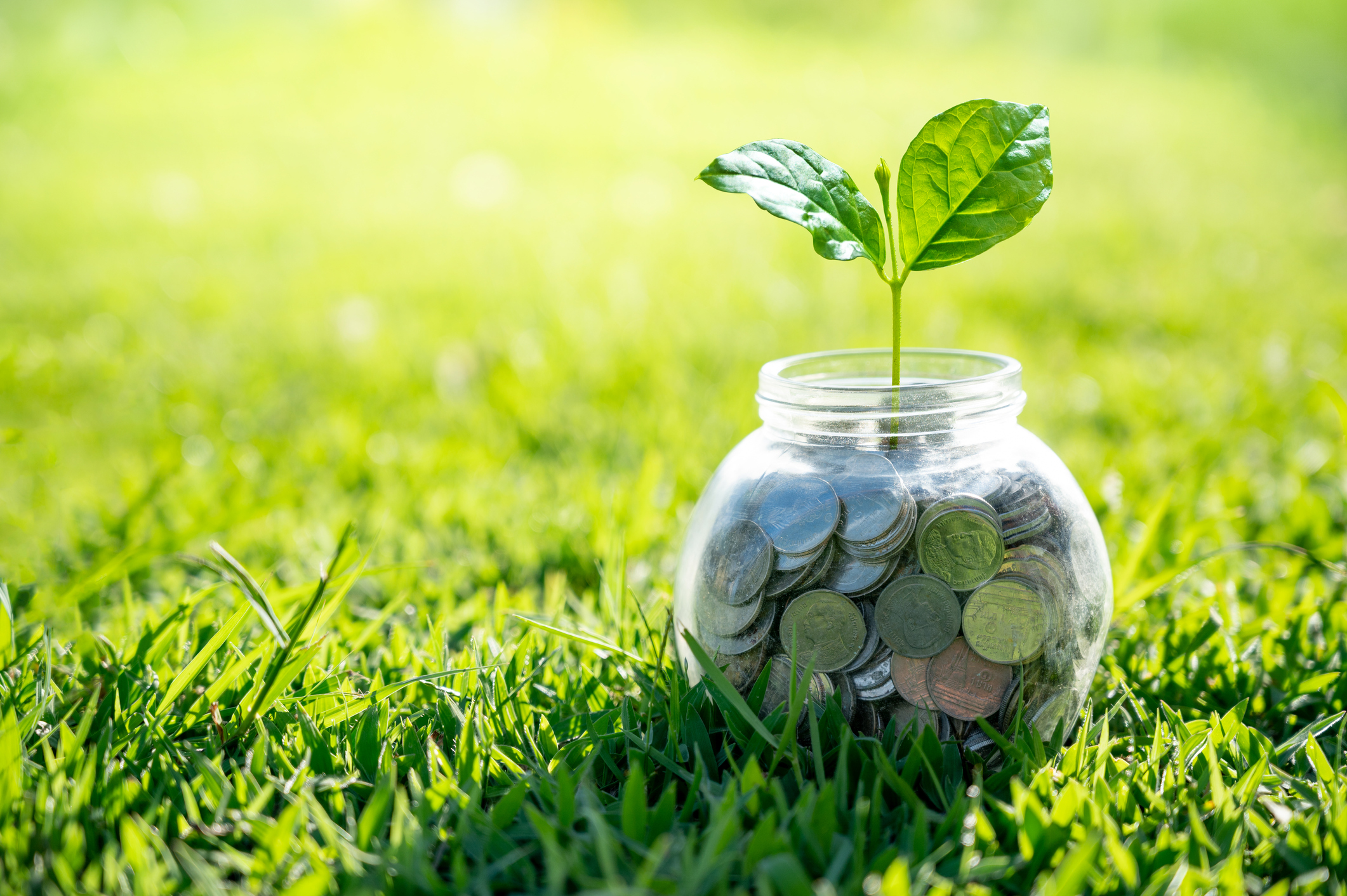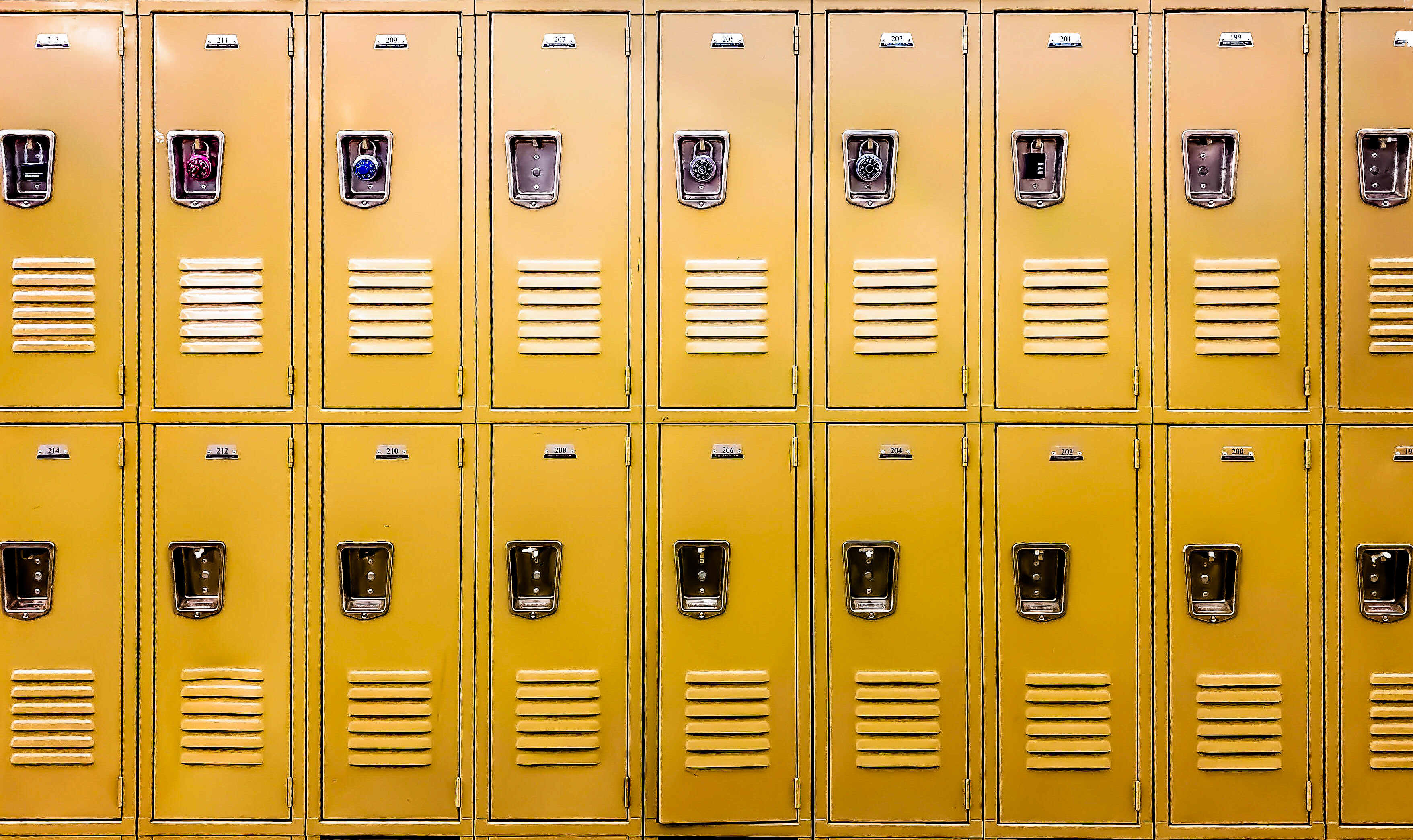Connecticut lawmakers on Thursday approved a long-awaited plan to significantly update the state’s so-called “Bottle Bill” for the first time in decades, expanding the list of drink containers requiring a deposit.
Under the bill, which cleared the House of Representatives on a bipartisan vote of 105 to 42, drink bottles for hard seltzer and hard cider, plant water, juice, juice drinks, tea, coffee, kombucha, plant-infused beverages, sports and energy drinks will have a 10-cent deposit — up from 5 cents — beginning Jan. 1, 2024.
The legislation, which now awaits Gov. Ned Lamont’s signature, also requires liquor wholesalers to begin, on Oct. 1, collecting a 5-cent surcharge on 50 milliliter liquor bottles known as “nips.” Money generated from that fee will be transferred to municipalities to help them clean up the tiny bottles, which have become a major litter problem.
“The Bottle Bill came into Connecticut with great foresight about four decades ago. There have not been any major changes to it since that time,” said Rep. Mike Demicco, D-Farmington, who said the legislation finally modernizes a system after years of debate by the General Assembly. There’s even been discussion in past years about scrapping the bottle redemption system and replacing it with a tax.
Get top local stories in Connecticut delivered to you every morning. >Sign up for NBC Connecticut's News Headlines newsletter.
The Senate passed the same bill 33-1 on Wednesday night.
State Sen. Christine Cohen, D-Guilford, the Senate chair of the legislature’s Environment Committee, said she believes the bill will “put a large dent in the environmental issues that outdated bottle return policies create,” calling it long overdue.
Proponents hope more people will redeem the returnable cans and bottles if the deposit is increased from 5 to 10 cents, ultimately reducing litter and the amount of returnable containers being thrown into municipal recycling bins. Demicco said there’s also a hope that a higher deposit, coupled with the first increase in handling fees for financially struggling redemption centers in decades, will encourage more people to open redemption centers, especially in urban centers. The bill also requires large chain stores to provide “reverse vending machines” that provide deposit refunds for returned containers.
Rep. Stephen Harding, R-Brookfield, the ranking Republican on the Environment Committee, said while there are good parts of the bill, he remained concerned about consumers now getting charged for a 10-cent deposit and not having access to a redemption center or the time to return their bottles and cans.
“At the end of the day, to think that we could be passing legislation that would essentially be passing ... an additional 60-cent tax on every individual that’s going to buy a 12-pack of Diet Coke to bring home to the house for the family every week, that’s something I’m going to have some reservations about,” he said. Harding later voted against the bill.
Concerns were also raised about a large portion of the unredeemed bottle deposits still being funneled into the state’s coffers rather than to the industry that handles the system. Also, House Minority Leader Vincent Candelora, R-North Branford, who voted against the bill, said the legislation fails to address the issue of how to handle the state’s waste as trash-to-energy plants become obsolete.
“This is the low-hanging fruit,” he said. “We have much bigger challenges.”
Betsy Gara, executive director of the Connecticut Council of Small Towns, however, applauded Thursday’s vote, saying the legislation will ultimately help communities that have been struggling to deal with a changing market for recyclables.
“In the past, recycled materials were a big revenue generator for towns. Unfortunately, due in large part to China’s decision to no longer accept recyclables from the U.S., towns are now facing significant costs in managing recyclables,” she said in a statement. “Modernizing the bottle bill will help produce a cleaner stream of recyclables, which will increase their value.”
Stories from LX News
LX, or Local X stands, for the exponential possibilities of storytelling in our communities.




